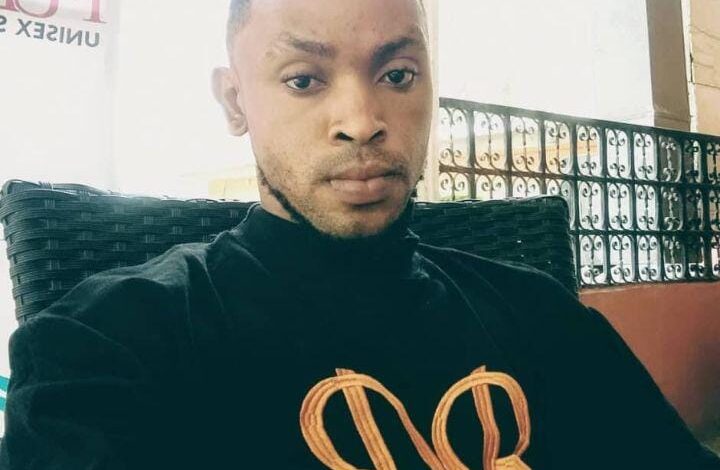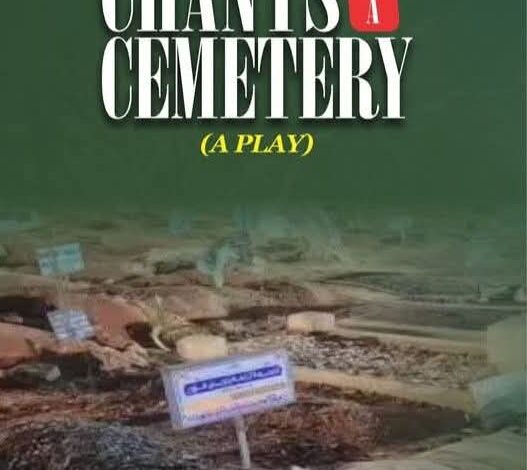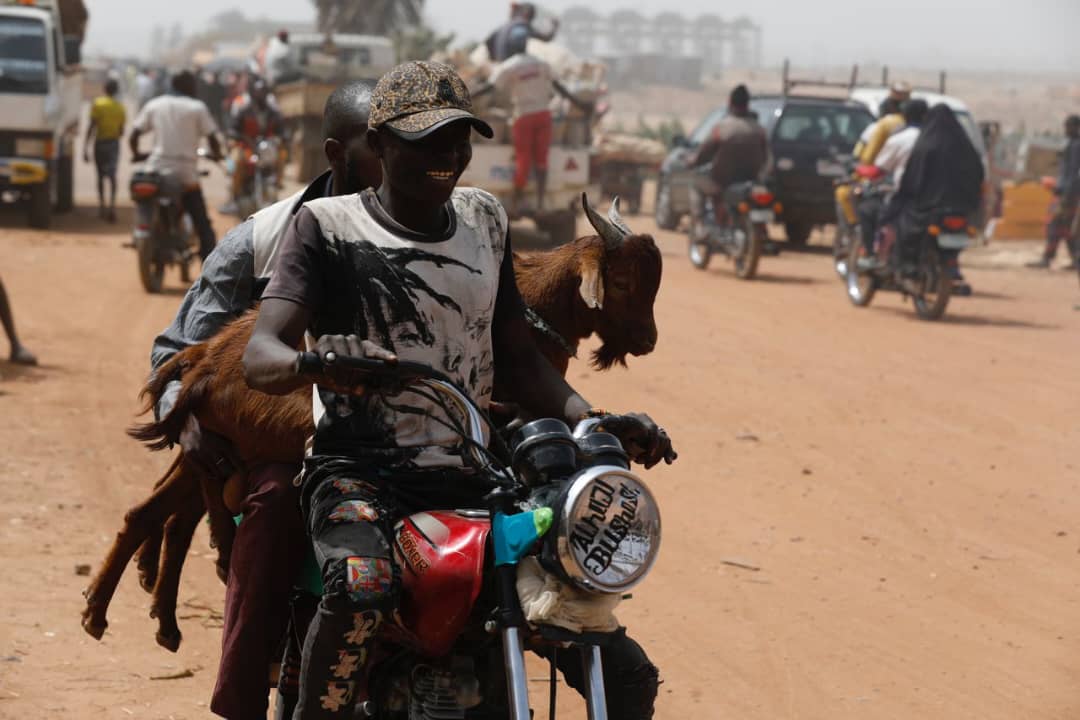Fiction: ‘Courage Over Cash’

By Promise Osekponole Osezua
THE air inside the police station was heavy with the scent of sweat; it carried a sourness I could not name.
I had been standing by the counter for the past ten minutes, my palms damp.
Behind the desk, I saw Rita, my wife, sitting on a narrow bench.
Her wrapper was crumpled, her face streaked with dried tears.
Beside her sat the plastic bag that once held the plate of rice she had been selling just hours ago. Now, it was a cold mess.
“She obstructed the road,” the officer in charge declared without looking at me, his pen scratching across the logbook.
I swallowed hard, dipped my hand into my near-empty pockets, pulled it out again, and turned back to the law enforcer to murmur:
“I hear bail is free, sir… Is that right?”
A tense silence followed.
Slowly, the man raised his head until his eyes met mine. His features cracked into a smile—one without the slightest hint of warmth. Then he leaned forward.
“Bail is free, yes… but if you want her to go home today, you must drop something.”
The way he said it was so calm, so casual—like he was talking about the weather.
But in my stomach, something twisted.
My mind was already painting pictures of what was waiting at home:
the children, hungry, waiting for dinner. In my pocket, I had just enough to buy that meal.
If I gave it up, my precious ones would starve.
“I don’t have something,” I whispered.
The man only shrugged. Without lifting his head, he murmured,
“Then your wife will sleep here till Monday. Court will decide.”
My body froze. My legs felt brittle.
It was Thursday.
Could I let my dear wife—the bone of my bone, the flesh of my flesh—spend four whole days in this hell on earth?
Outside, the sun was low, yet I felt its burn on my neck.
I sank into a plastic chair under the mango tree in the yard. Eleven other people waited there too.
Every few minutes, an officer would stroll out, call a name, and lead someone inside.
Minutes later, they would reappear with their loved one—relief shining in their eyes.
A young man beside me tapped my shoulder.
“First time?”
I nodded slowly.
He chuckled, but without joy.
“My brother’s been inside since yesterday. They said his motorcycle papers weren’t complete. I’ve paid twice already. Now they’re asking for ‘fuel money’ so the officer can drive him out.”
I sighed. My chest felt like stone. My mind returned to Rita, sitting inside with her hands folded on her lap, not knowing where the next four days would be spent.
Could I really leave her there?
After five minutes, I stood and went back in.
The desk officer was drinking malt now, his pen tapping the table.
“Oga, you don finally bring something?”
I hesitated. “I… I can bring food for the officers.”
His eyes lit up slightly.
“Food we go chop? That one is good. But you must still add something small… transport, you understand?”
“I don’t have,” I blurted, firmer this time.
He looked at me like I was a stubborn goat.
“You think you are wise, eh? Don’t worry. Court will teach you a lesson.”
Back under the mango tree, a commotion drew my eyes to the gate.
A middle-aged man in a grey kaftan was speaking loudly.
“Bail is free! It’s the law!” he shouted, holding up a laminated ID card. “I am with the Human Rights office. Who is in charge here?”
The junior officers shifted uneasily. One disappeared inside. Moments later, the desk officer came out, smiling as though nothing was wrong.
“Ah, my brother! Why you no call me before coming? We for arrange—”
“Arrange what?” the man in kaftan cut him off. “You arrest poor people for petty things and demand money to free them. That’s corruption, my good man.”
He turned to us, the waiting relatives.
“How many of you have been asked to pay for bail?”
Hands shot up. Mine was among them.
The officer’s smile faded.
“This is police matter—”
“This is citizens’ matter,” the man snapped back. “And I will file a report today.”
Everything moved quickly after that. The DPO stormed in, barking orders. Files were pulled, keys rattled, and one by one, people were released—no envelopes exchanged.
When Rita finally stepped into the yard, the tight band around my chest loosened.
My woman looked exhausted, but her eyes still held fire.
We walked home in silence at first.
“You didn’t pay?” she asked at last.
I shook my head. “I almost did. But something told me not to. Then that man came.”
That night, after the children had eaten and gone to bed, I lay on my mat, staring at the ceiling.
Corruption is not just in the envelopes, it’s in the fear.
It’s in the way we accept it as normal, like rain in the wet season.
Maybe it’s time more people spoke up.
Maybe the price of freedom should not be paid in cash, but in courage.
* Osezua’s ‘Courage Over Cash’ is the winning story of the just-concluded Speak Up Literary Award (SULA) 2025





